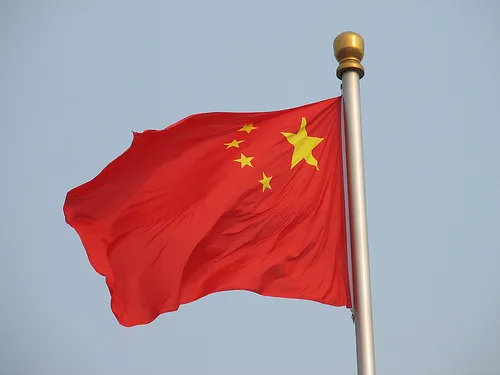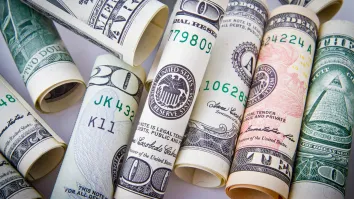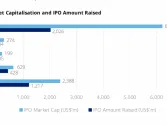
Credit quality of Chinese non-financial SOEs predicted to diverge
Investors must be very cautious.
In a report, Moody's Investors Service says that the credit quality of Chinese non-financial state-owned enterprises (SOEs) will diverge further following economic and SOE reforms that the central government will enact over the next five to 10 years.
As a result, long-term investors will need to more carefully consider which SOEs are better positioned to maintain credit quality during this period from those which are not.
"The reforms will not materially affect the strategically important sectors. The state will continue to allocate resources, including capital and government-sponsored research, to strategically importantsectors like energy and defense," says Kai Hu, a Moody's Vice President and Senior Credit Officer.
"This continued support will likely maintain the credit quality of SOEs in those sectors, such as China National Petroleum Corporation, China Petrochemical Corporation, China National Offshore Oil Corporation and State Grid Corporation of China, whose Aa3 ratings and stable outlooks reflect their already very high level of government support," adds Hu.
Hu was speaking on the release of Moody's special comment on Chinese SOEs. The report is titled "Credit Quality of China's Central SOEs Will
Diverge Further Amid Economic Reforms."
The reports states that the outlook is more challenging for SOEs operating in sectors that are seen by the state as having less strategic importance.
The state will gradually reduce its investment, support and involvement in these sectors, as it is seen as less important for it to retain control over them.
Reducing its stake in related SOEs in these sectors will allow the government to direct the sales proceeds and other state resources to strategically more important industries.
But, Moody's expects important SOEs that are leaders in these industries, such as Baosteel Group Corporation (A3 negative), will continue to benefit from state support.
As a result, long-term investors will need to differentiate between SOEs most likely to remain in government ownership and those that will not.
In particular, Moody's expects the risks will increase for subsidiaries of SOEs operating in less important sectors. These may not benefit from support to the same extent as their parents, and the parent SOEs may divest these subsidiaries over time, or opt not to bail them out whenthey are in difficulty.
This risk will be greatest for SOEs in sectors with excess capacity, such as steel and metal, building materials and construction and where the
impact of slower economic growth and economic transition will be more painful.
















